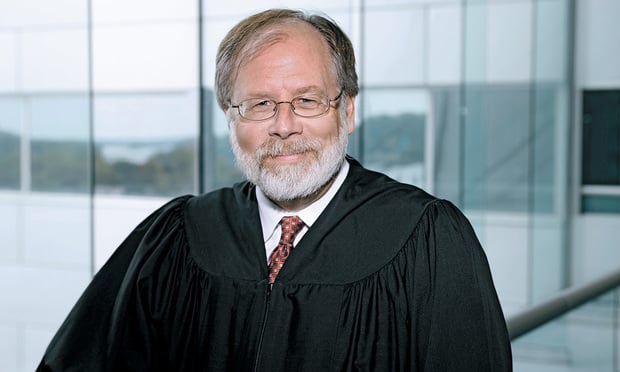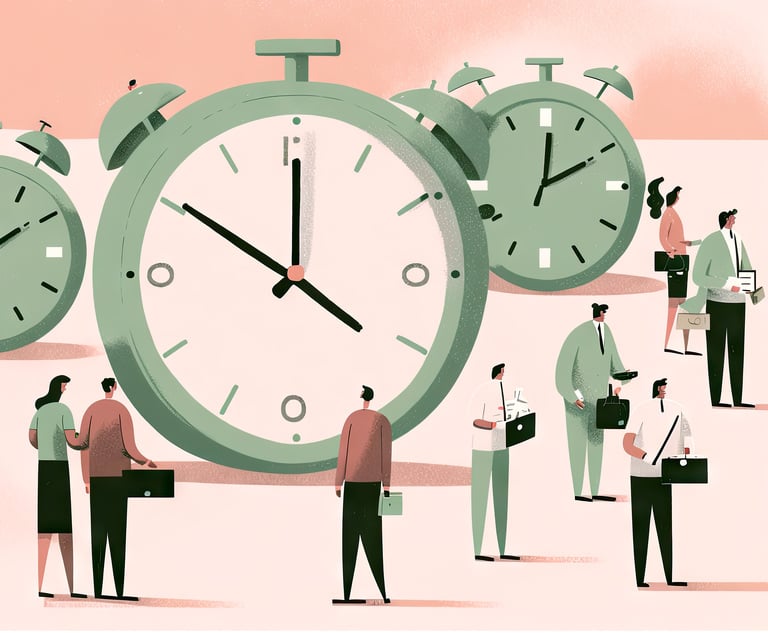Defense lawyers are up in arms over a recent Appellate Division ruling on whether falling asleep behind the wheel counts as driving drunk, saying it tramples years of precedent and potentially contradicts the state Supreme Court.
The lawyers say intent has been a key factor when determining if a person sleeping behind the wheel can be charged with drunken driving, meaning it’s not a crime if the person has no intent of driving away. But the Appellate Division ruling from Feb. 10 in State v. Thompson said intent is proved when an intoxicated person, awake or sleeping, is found behind the wheel of a car with the engine running.
This content has been archived. It is available through our partners, LexisNexis® and Bloomberg Law.
To view this content, please continue to their sites.
Not a Lexis Subscriber?
Subscribe Now
Not a Bloomberg Law Subscriber?
Subscribe Now
LexisNexis® and Bloomberg Law are third party online distributors of the broad collection of current and archived versions of ALM's legal news publications. LexisNexis® and Bloomberg Law customers are able to access and use ALM's content, including content from the National Law Journal, The American Lawyer, Legaltech News, The New York Law Journal, and Corporate Counsel, as well as other sources of legal information.
For questions call 1-877-256-2472 or contact us at [email protected]


 Appellate Division Judge Clarkson Fisher Jr. Photo: Carmen Natale/ALM
Appellate Division Judge Clarkson Fisher Jr. Photo: Carmen Natale/ALM





